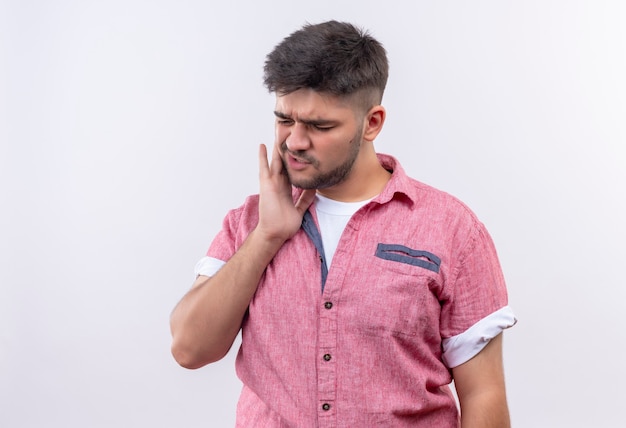
Welcoming a new baby into the world is a wonderful experience, but it can come with some physical challenges for new moms, especially postpartum back pain. After going through all the changes during pregnancy and the demands of childbirth, it’s no surprise that your back might be feeling the strain. Thankfully, there are natural ways to relieve this discomfort without needing invasive treatments. Let’s explore some effective methods for easing postpartum back pain.
Understanding Postpartum Back Pain:
Postpartum back pain is a common concern for many new moms, and it helps to understand what might be causing it. This type of pain can be due to the physical stress from pregnancy, labor, and the frequent lifting and carrying of your newborn.
Pregnancy and Back Pain:
During pregnancy, your body undergoes significant changes to make room for the growing baby. Hormonal shifts, a moving center of gravity, and stretched abdominal muscles all add pressure to your lower back, causing pain during pregnancy that might continue or worsen after giving birth.
Labor and Delivery:
The process of labor and delivery can also strain your back. The physical effort involved in contractions, pushing, and being in certain positions during labor can lead to muscle tension and back pain.
Constant Lifting and Holding:
Once the baby is home, you’ll find yourself frequently lifting and holding them. While it’s an essential part of caregiving, it can put pressure on your back muscles, especially with the constant bending and leaning over for tasks like diaper changes.
Hormonal Changes:
Hormones during and after pregnancy can affect your back ligaments and joints, making them more prone to strain and discomfort.
Adjusting to Motherhood:
Adapting to new motherhood responsibilities can be tough. Lack of sleep, stress, and the physical demands of caring for a newborn can further contribute to back strain.
Ways to Relieve Postpartum Back Pain:
Gentle Exercise:
Starting gentle exercises, like postnatal yoga or walking, can help ease back pain. These activities improve flexibility and strengthen your back-supporting muscles without overstraining your body.
Proper Posture:
Maintaining good posture is key to preventing and reducing back pain. Use a pillow or cushion to support your back and arms when breastfeeding or carrying your baby. Choose a comfortable chair with proper back support to avoid slouching.
Core Strengthening:
Building core strength can be very helpful. Exercises like pelvic tilts and gentle ab contractions can stabilize your back and reduce discomfort.
Heat and Cold Therapy:
Applying heat or cold packs on the affected area can offer back pain relief. Cold packs help with inflammation, while heat relaxes tight muscles. Wrap the packs in a cloth to protect your skin and use them for 15-20 minutes at a time.
Massage and Relaxation:
A massage from a professional therapist can significantly relieve back pain and provide relaxation, which might reduce stress-related back discomfort.
Pain-Relief Creams:
You can use over-the-counter creams with ingredients like menthol or camphor for a cooling effect that helps alleviate pain.
Consult a Physical Therapist:
If the pain continues or worsens, visiting a physical therapist can be beneficial. They can craft a tailored exercise routine and offer techniques for regaining strength and flexibility safely.
Maintain a Healthy Weight:
Extra weight adds stress to your back. Eating well and doing exercises suited for the postpartum period can help you lose pregnancy weight gradually, easing back strain.
Ergonomic Baby Gear:
Consider using ergonomic baby carriers and accessories that evenly distribute your baby’s weight and provide proper back support, preventing new or worsening pain.
Final Words:
Postpartum back pain is common but doesn’t have to last. By incorporating gentle exercises, maintaining good posture, strengthening your core, and trying out different pain-relief strategies, you can naturally ease the discomfort. Always listen to your body and reach out to a healthcare professional if the pain persists or gets worse. The best approaches to post-delivery back pain relief are those that support natural recovery and long-term health.









